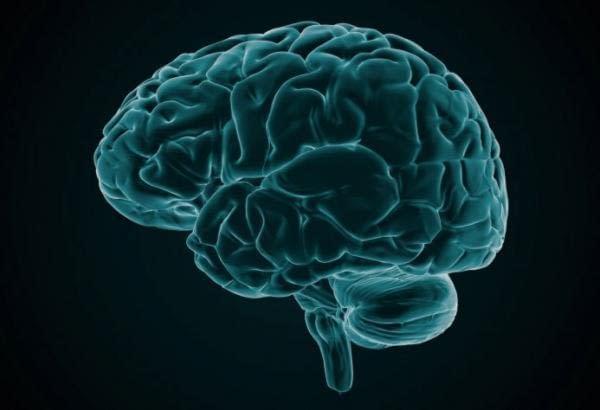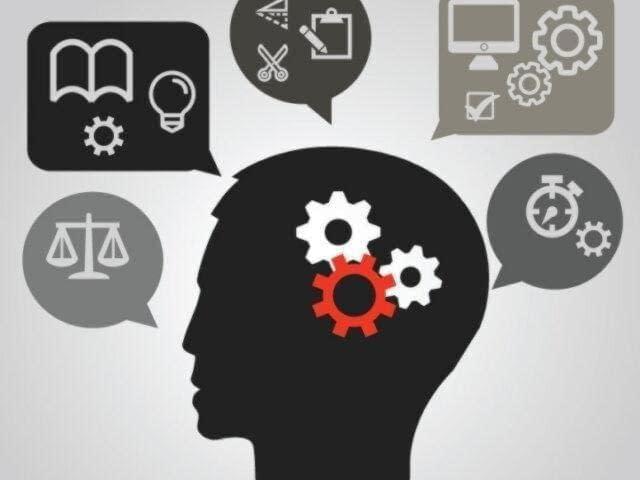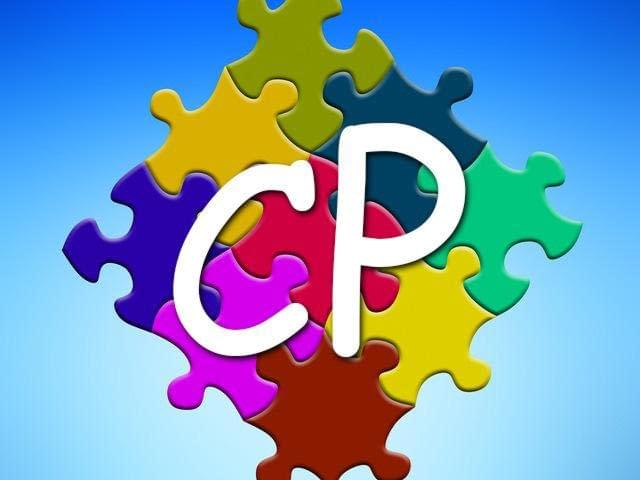What is a neuropsychological evaluation? The difference between psychological and neuropsyhological evaluations A standard psychological…

Encephalopathy
Encephalopathy is a fancy word for a condition of the brain impacting how it works. In many cases, it is a type of brain injury. Developmental encephalopathy, sometimes referred to as complex developmental encephalopathy, means that the child was born with the condition. Encephalopathies are not typically degenerative, that is, they don’t usually worsen. In general, the child usually has reduced intellectual ability, learning difficulties, limited language skills, attention-deficit, and delayed life/self-care skills. The cause of the impairment is often attributed to some medical condition such as ongoing seizures, head injury, serious illness, prenatal injury/substance abuse, cardiopulmonary distress at birth, prematurity, a congenital or chromosomal disorder, or something that happened during fetal development. Sometimes the exact cause is unknown. The level of impairment can range from very mild or subtle, to severe deficits. Symptoms can be specific such as reduced language or attention, or more global with several areas being impacted. Although not always the case, behavioral, emotional, and social problems can be present as well.
Interventions (e.g., rehabilitation, developmental therapy, etc.) often help to improve learning, and adaptive and social functioning. Understanding the child’s neurocognitive profile can be beneficial for using their strengths to compensate for their weaknesses. If behavioral and emotional problems are present, therapy and counseling can be very helpful, though in some cases medication can help to improve disruptive behaviors, attention, and/or mood. Those with language or motor challenges benefit from speech/language, occupational, and/or physical therapies.


